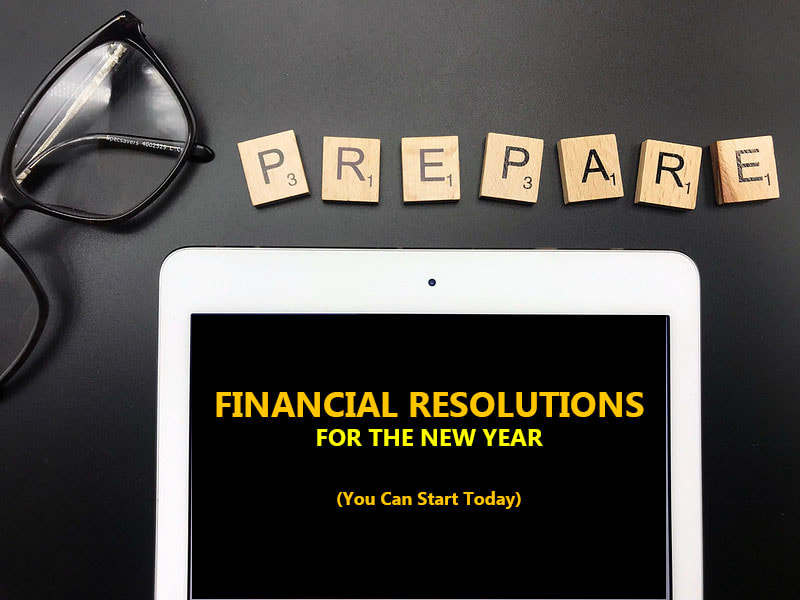Personal Development, Business, Finance, and Investing for Everyone
An investment in knowledge always pays the best interest.
|
Do it now! Do it now! Now is the right time! Sometimes later becomes never. Many of us make promises to ourselves to mark the beginning of a new year. We make pledges such as I'm going to save more, exercise more, or spend less time on the Internet. We begin the year with good intentions, but before long, old habits tempt us to take up our old ways. We slip up occasionally, then more frequently, and then all the time. Finally, it's as if our resolution never existed. Stick to your goals! Setting Financial Goals in the New Year Achieving financial fitness requires discipline and determination over the long term, just like running a marathon. As with any type of training, becoming financially fit requires learning the principles and best practices. You can't reach your goals if you don't set them. Here are some financial resolutions you can start today. Budgeting
Create a budget that includes necessities, required expenditures, discretionary items, and the periodic savings necessary to finance long-term financial goals. Track your spending. Compare it regularly against your budget and make changes to your spending habits where necessary. Use the knowledge and skills you gain over time to spend less where possible and save more. Manage Your Debt
Curtailing the use of debt to consume is crucial when trying to optimize savings and investment capital. Avoid high interest rates and potential fees by minimizing the use of credit cards. Build a debt management strategy to reduce and eliminate high-interest debt and to accelerate the payment of debts. Maintain Steady Lifestyle
Spending does not have to grow at the same rate as income. Growth in income, bonuses, and other windfalls can increase savings and investment accounts. Keeping expenditures relatively constant over time is a key method for achieving a secure financial future. Put Your Finances On Autopilot Put money in your savings account using direct deposit so that you don't spend it. Make sure regular contributions make it into retirement and other investing accounts. Use autopay to manage and pay recurring bills like mortgages or loan payments. Use a money management application to help track payments and other expenditures. Obtain Knowledge and Advice
Being financially fit means understanding and utilizing the main principles and best practices in saving and investing. When needed, get help from an accredited investment adviser that can help you build an investment plan and portfolio to meet your financial needs. It takes time, energy, and discipline to obtain and hone the necessary skills over time.
0 Comments
Leave a Reply. |
PLACE YOUR ADS HERE YOUR PAYDAY REMINDER FEATURED PARTNER FEATURED PROMOTIONS FEATURED MENTIONS PLACE YOUR ADS HERE PLACE YOUR ADS HERE For more updates about Personal Development, Financial and Investment Education. Join and Subscribe to my Newsletter. It's FREE! ABOUT THE BLOGGERHi, I'm Ralph Gregore Masalihit! An RFP Graduate (Registered Financial Planner Institute - Philippines). A Personal Finance Advocate. An I.T. by Profession. An Investor. Business Minded. An Introvert. A Photography Enthusiast. A Travel and Personal Finance Blogger (Lakbay Diwa and Kuripot Pinoy). Currently, I'm working my way toward time and financial freedom. PLACE YOUR ADS HERE Follow me on |












